Humans
Sign up for our newsletter
We summarize the week's scientific breakthroughs every Thursday.
-
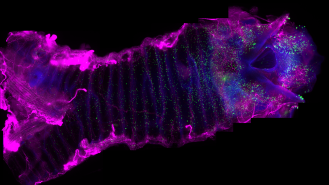 Neuroscience
NeuroscienceThese windpipe cells trigger coughs to keep water out of the lungs
Neuroendocrine cells can sense substances on the way to the lungs and prompt reactions such as coughing and swallowing, experiments in mice show.
-
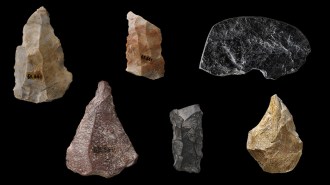 Archaeology
ArchaeologyA puzzling mix of artifacts raises questions about Homo sapiens' travels to China
A reexamined Chinese site points to a cultural mix of Homo sapiens with Neandertals or Denisovans.
By Bruce Bower -
 Health & Medicine
Health & MedicineWhat can period blood reveal about a person’s health?
The FDA recently approved a menstrual blood test for diabetes, the first diagnostic of any kind based on period blood. It may be just the beginning.
By Payal Dhar -
 Health & Medicine
Health & MedicineTeens are using an unregulated form of THC. Here’s what we know
The compound is called delta-8-THC and, like delta-9-THC in marijuana, comes from the cannabis plant and may hurt teens’ brains.
-
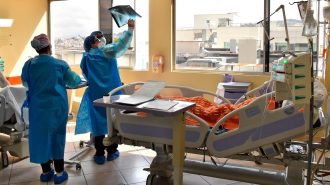 Health & Medicine
Health & MedicineImmune cells’ intense reaction to the coronavirus may lead to pneumonia
Immune cells that patrol lung tissue may play a role in the progression of a coronavirus infection to pneumonia, lab studies show.
-
 Health & Medicine
Health & MedicineA protein found in sweat may protect people from Lyme disease
The protein stopped Borrelia burgdorferi, a bacterium that is transmitted by ticks, from growing in dishes or infecting mice.
-
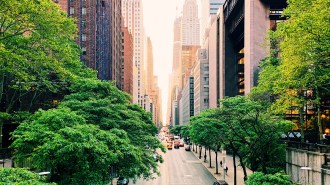 Environment
EnvironmentHeat waves cause more illness and death in U.S. cities with fewer trees
There are usually fewer trees in neighborhoods with higher populations of people of color. Planting trees could save hundreds of lives every year.
By Jude Coleman -
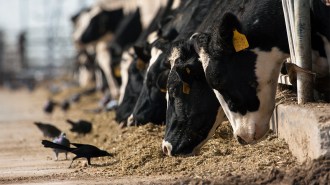 Health & Medicine
Health & MedicineBird flu has infected a person after spreading to cows. Here’s what to know
H5N1 has wreaked havoc on birds around the globe and occasionally made the jump to mammals, including cows. The risk to people remains low.
-
 Health & Medicine
Health & MedicineA new study has linked microplastics to heart attacks and strokes. Here’s what we know
Patients with microplastics in their arteries were 4.5 times more likely to have a heart attack, stroke or die within the next three years.
By Meghan Rosen -
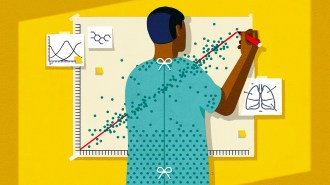 Health & Medicine
Health & MedicineHow patient-led research could speed up medical innovation
People with long COVID, ME/CFS and other chronic conditions are taking up science to find symptom relief and inspire new directions for professional scientists.
-
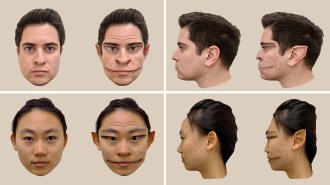 Health & Medicine
Health & MedicineHere’s what distorted faces can look like to people with prosopometamorphopsia
A patient with an unusual variation of the condition helped researchers visualize the demonic distortions he sees when looking at human faces.
By Anna Gibbs -
 Humans
HumansThese are the chemicals that give teens pungent body odor
Steroids and high levels of carboxylic acids in teenagers’ body odor give off a mix of pleasant and acrid scents.
By Skyler Ware